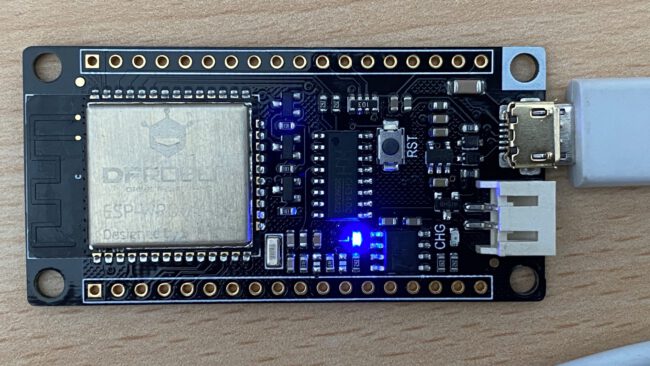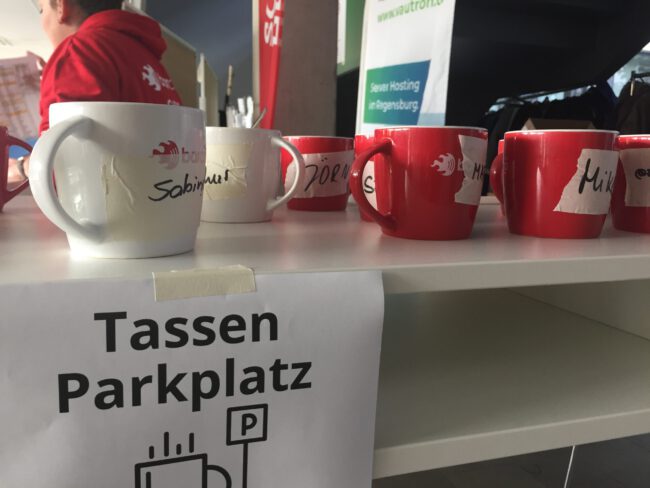MicroPython uos package
When you are familiar with Python os and platform package You may wonder how to use it on ESP32 in MicroPython. Because this doesn’t work: >>> os.name Traceback (most recent call last): File “”, line 1, in AttributeError: ‘module’ object has no attribute ‘name’ >>> import platform Traceback (most recent call last): File “<stdin>”, line…





